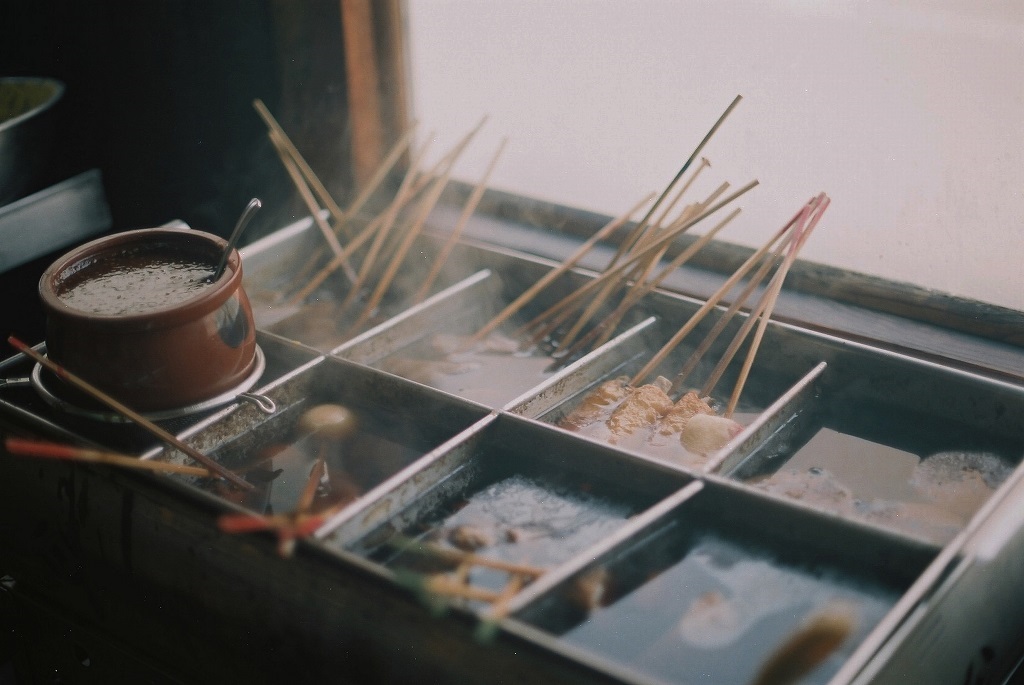
- Natural steam from geothermal sources is being used in Japan for cooking.
- This method of cooking has been mentioned in historical records, dating back 200 years.
- With steam at temperatures of 100-110 degrees Celsius, cooking generally takes no more than five to 10 minutes.
- For climate change news and analysis, go to News24 Climate Future.
Using geothermal resources to generate electricity is a divisive prospect in Japan, but there is little disagreement about another use for it: natural steam for cooking.
The geothermal sources that make Japan a haven for hot springs or onsen are also used to produce a range of delicacies.
There's the "onsen tamago" - eggs cooked in geothermally heated water at around 65 degrees to produce a relatively firm yolk with a creamy soft white.
And then there are small round cakes called "onsen manju", a popular snack sold at the approximately 2900 hot spring locations across Japan.
Stuffed with red bean paste, they are cooked with the steam that rises from onsen water.
READ | Hot spring baths block Japan's geothermal potential
In Beppu, a small coastal town in Japan's southwestern Kyushu, an abundance of natural hot springs has given rise to a local speciality: "jigoku mushi" or "hell steaming".
Customers can buy meat, fish and vegetables on site at an onsen, and cook them in containers connected directly to the steam emanating from a nearby natural hot spring.
"This method of cooking was already being mentioned in local historical documents as far back as 200 years ago," Hitoshi Tanaka, president of Hyotan Onsen - which offers "jigoku mushi" to its customers - told AFP.
With steam at temperatures of 100-110 degrees Celsius, cooking generally takes no more than five to 10 minutes, "so the food retains its original colour", Tanaka explains.
The sulfur present in the steam imparts an "umami" to the meal, a flavour enhancer considered key to Japanese cuisine, and it contains iron, a trace element important for health, he added.
"You savour it with your eyes, you smell the steam, you hear the sound of the source of the hot spring: so you appreciate the food here with your whole body."
The technique has another benefit: no need for electricity or gas at a time when Japan, like many other countries, is dealing with soaring energy prices.




 Publications
Publications
 Partners
Partners












